It’s been less than a week since Elon Musk finalized the purchase of Twitter. Twitter is not the most popular social media website in the world –in fact, it doesn’t even rank in the top 10. Despite this, thanks to Twitter’s format, the social media site plays a colossal role in driving conversations and shaping government and our democracy.
Unlike bigger social media sites, like Facebook which helps friends connect with other friends, or YouTube which brings value to users through entertainment, Twitter is primarily an information hub. That makes it possible for government officials, members of the media or celebrities to communicate with the general public while also giving the public the opportunity to reply and share their thoughts with the world.
Twitter has replaced the town square with a virtual town square.
The free sharing of information is what gave Twitter a unique voice in the social media market. No other website was able to capitalize on the idea of people speaking freely. Yet, this is exactly why Twitter was, for several years, a cesspool of censorship determining which voices – and messages – could and could not be heard.
Just like there have been efforts throughout history to censor certain beliefs, so too have there been movements to silence certain accounts on Twitter. The key difference here, however, is that Twitter is not a government entity so it does not have to afford the same free speech rights the government must give its citizens.
To make matters worse, Twitter’s executives, as private citizens, leaned into a culture of censorship. At first, Twitter’s community guidelines were an attempt to create a safe and civil platform. After 2016, it shifted its attention to combating “misinformation.”
While that goal might sound like a worthy one, the problem is Twitter’s employees then became arbiters of truth – a power no one should have because, even if you have the best intentions, your unknown personal biases – and even innocent mistakes – can silence honest voices trying to speak truth to power.
This is exactly what happened leading up to the 2020 Presidential Election when Twitter suspended the New York Post and censored any coverage related to Joe Biden’s son Hunter Biden’s personal laptop – which included evidence of criminal conduct. By believing the story was a hoax, the censors made an error that likely helped sway the presidential election. Much later, Twitter’s founder and then-CEO Jack Dorsey admitted to it being a “total mistake” several months later.
Now, with Musk having full control of the company, it is a new era on Twitter. Some critics may opine that having a billionaire running the town square is a danger to democracy. There is always a risk with any leader, and only time will tell if Musk stays true to his promise of building an inclusive town square where all opinions are valued or if it becomes his personal soundboard.
But at the end of the day, by purchasing Twitter, Musk already did something great.
Musk took power away from oligarchs who were bent on silencing opinions that did not align with their own under the guise of stopping misinformation. Musk purchasing Twitter means regular citizens again have a voice to speak truth to power – and that’s a good thing.

